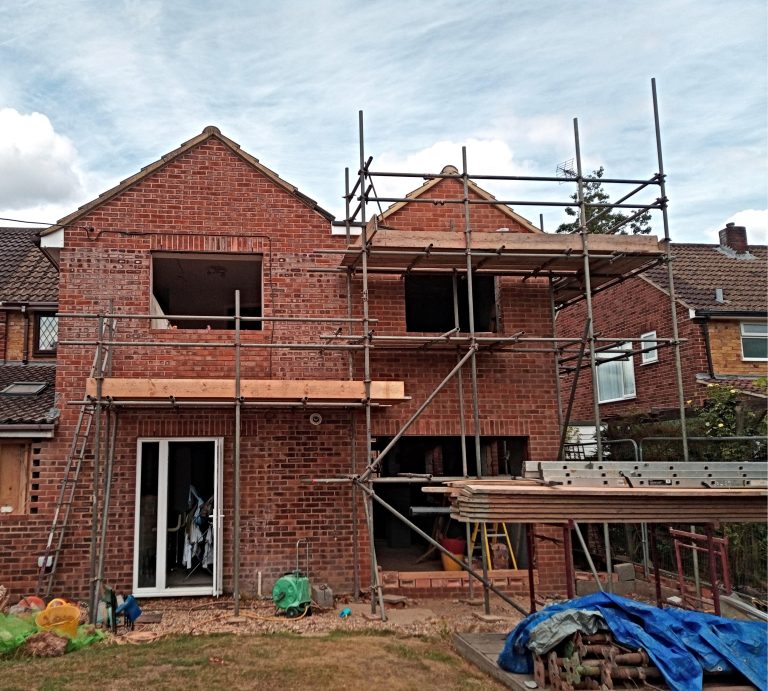As the Bank Holiday weekend approaches, many homeowners are gearing up for home improvement projects. However, recent research by the Chartered Institute of Building (CIOB) reveals that many are jeopardising their plans even before they begin. The study shows that three-quarters of homeowners are concerned the cost-of-living crisis will negatively impact their renovation efforts, yet nearly half (48%) believe that having a written contract with their builder or tradesperson is unnecessary.
Understanding the Risks of Poor Preparation
Experts from the CIOB emphasise that the absence of a formal contract can lead to misunderstandings regarding costs and project timelines, increasing the likelihood of costly disputes. These misunderstandings can derail projects, making them more vulnerable during financially challenging times.
Among the respondents, personal recommendations emerged as the most popular method for selecting builders or tradespeople. However, only a third prioritise checking the builder’s references, qualifications, or professional accreditations. Interestingly, younger generations tend to rely more on online directories and advertisements rather than personal referrals.
To assist homeowners, the CIOB has created free online resources that include practical tips, templates, and informative blogs aimed at helping clients achieve the best results for their home improvement projects. These resources can be accessed at www.ciob.me/homeowners.
Expert Insights on Project Success
Linda Stevens, head of client development at the CIOB, stated, “Making informed decisions from the beginning, such as choosing a reputable builder, setting a realistic budget, and establishing written contracts, is crucial for project success. This is especially important during a cost-of-living crisis when ensuring value for money is paramount. While it’s exciting to embark on home improvements, taking the time to conduct background checks, plan budgets, and formalise contracts will significantly enhance the likelihood of achieving desirable outcomes.”
Top Tips for Homeowners
To safeguard their home improvement projects, the CIOB recommends the following guidelines:
- Establish a Realistic Budget: Include a contingency for unexpected expenses.
- Stick to Your Budget: Monitor costs regularly and avoid last-minute changes.
- Research Builders: Select at least three builders and verify their references, reviews, and accreditations, even if recommended.
- Provide Detailed Information: Share comprehensive project details with each builder for accurate quotes.
- Evaluate Quotes Carefully: Consider value for money; the cheapest option may not always be the best.
- Draft a Written Contract: Ensure the contract outlines payment terms, timelines, materials, and responsibilities, including post-completion fixes.
- Include Post-Completion Support: The contract should stipulate that the builder will return to address any ‘snags’ identified after project completion before receiving final payment.
Jack Hounsham, Managing Director at Appledown Projects, stated, “Professional contractors appreciate informed clients who understand key project success factors. A written contract not only safeguards the client but also the contractor, establishing clear expectations from the outset. Employing high-quality construction professionals early in the process adds significant value.”
Key Findings from Survey
The survey revealed that the primary motivations for homeowners planning improvements are adding long-term value and enhancing aesthetics. Moreover, reducing a home’s carbon footprint was notably more important for respondents under 24 years old (20% prioritised this compared to a survey average of 9%). Additionally, a higher percentage of women expressed concerns about the cost-of-living crisis affecting their home improvement plans (81% of women compared to 69% of men).
